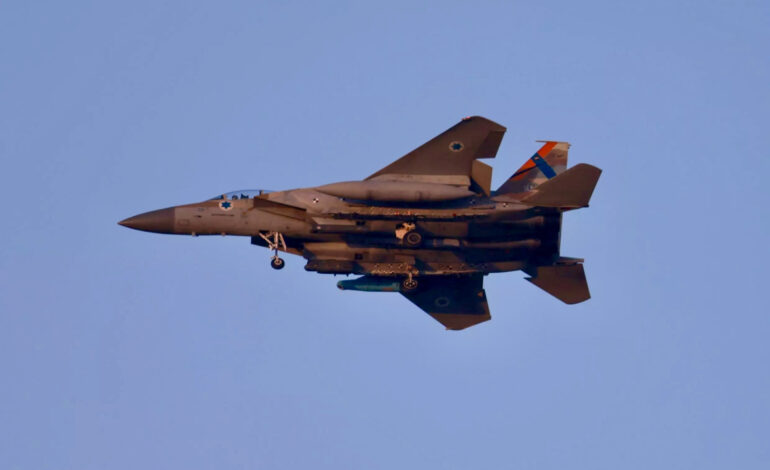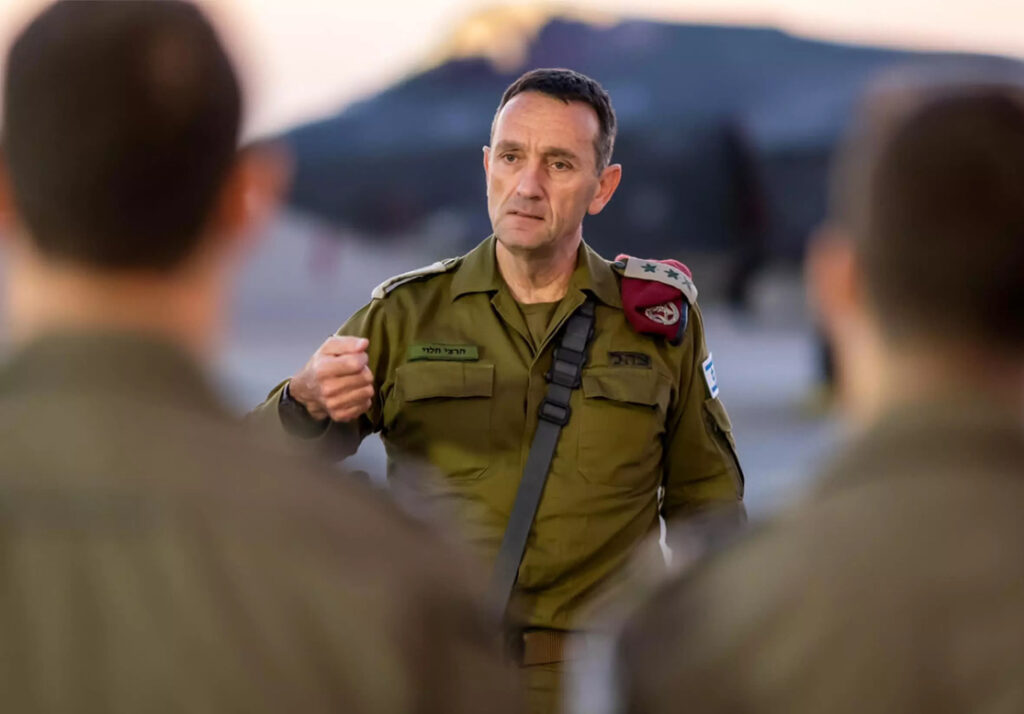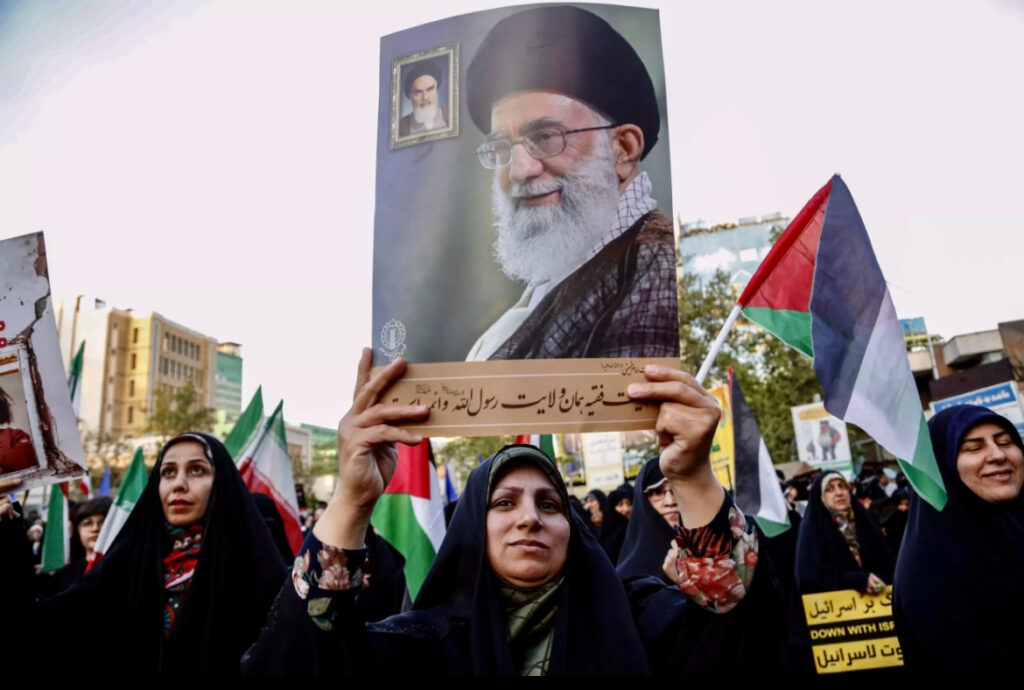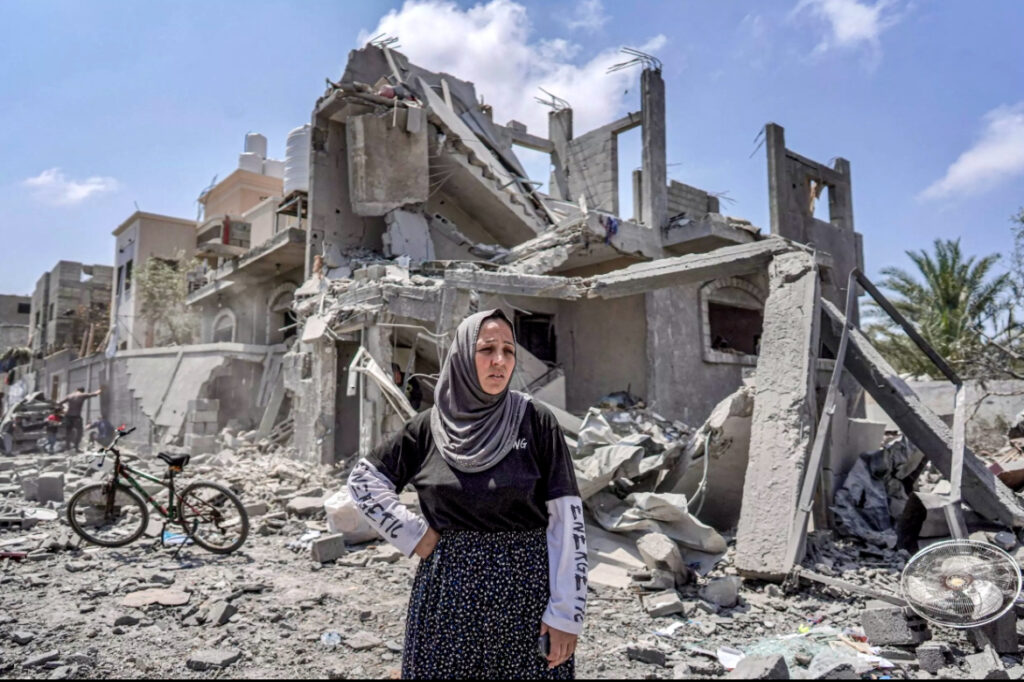
Faith Nyasuguta
Israel and Iran traded threats after Tehran’s first-ever direct attack on its arch-foe heightened Middle East tensions. The Gaza war raged on as Israel’s military chief Lieutenant General Herzi Halevi on Monday showed a response to Iran’s assault, which included over 300 missiles, drones, and rockets.
Iran claimed its attack was in self-defense following an Israeli airstrike on its consulate in Syria, warning of severe consequences for any action against its interests.
US President Joe Biden reaffirmed support for Israel’s security while emphasizing the need to prevent the conflict from spreading. Despite international calls for restraint, Israel continued its bombing campaign in Gaza, causing immense destruction in the besieged territory.
Washington, Israel’s top ally and arms supplier, has made clear it will not join Israel in any attack on their common adversary Iran, a senior US official said.

Following Iran’s attack, Israel convened its war cabinet to consider its response. Options include targeting Iran directly or its interests and allies in Lebanon, Syria, Iraq, and Yemen. In Iran, nuclear facilities were temporarily closed due to security concerns.
Israel called for international unity against Iranian aggression, urging sanctions on Iran’s missile program and designation of the Islamic Revolutionary Guard Corps as a terrorist organization. Iran, while denying prior knowledge of the October attack, praised its ally Hamas for the assault.
Throughout the conflict, Iran-backed groups in Lebanon, Yemen, Iraq, and Syria have carried out attacks. Israel has conducted raids on Iranian-linked targets in the region. The recent strike on the Iranian consulate in Damascus, which killed seven Revolutionary Guards, was justified by Israel as targeting terrorists.
Meanwhile, the war in Gaza continues, with Hamas demanding Israel’s withdrawal as a condition for a ceasefire. Israel, aiming to destroy Hamas and free hostages, rejects the demand. The war has resulted in significant casualties and a humanitarian crisis in Gaza.

The United Nations has warned of catastrophic hunger in Gaza due to the war and siege. Despite international mediation efforts, a ceasefire remains elusive as both sides continue to engage in combat.
Amidst the ongoing conflict, Israel’s military operations persist, with airstrikes targeting Hamas militants and infrastructure in Gaza. The toll on civilians continues to rise, exacerbating the already dire humanitarian situation.
Efforts to negotiate a ceasefire involving US, Qatari, and Egyptian mediators have so far failed to yield results. Israel’s refusal to withdraw its forces from Gaza remains a significant obstacle to reaching a resolution.

The Gaza war erupted after Hamas initiated an attack on October 7, resulting in casualties and hostage-taking. Israel’s retaliatory actions have led to extensive destruction and loss of life, particularly among civilians.
As the conflict persists, Israel has expressed its intention to invade the southern city of Rafah, further intensifying the violence and suffering endured by Gaza’s population.
The United Nations has condemned the humanitarian crisis in Gaza, emphasizing the urgent need for humanitarian aid to alleviate the suffering of civilians caught in the crossfire.
In addition to the humanitarian crisis, the Gaza war has exacerbated regional tensions and raised concerns about the broader implications for stability in the Middle East.
Despite international calls for a ceasefire and efforts to de-escalate the situation, the conflict shows no signs of abating, prolonging the suffering of civilians and perpetuating instability in the region.
The international community continues to monitor the situation closely and calls for a peaceful resolution to the conflict, emphasizing the importance of dialogue and diplomacy in addressing the root causes of the crisis.
The Gaza war, coupled with heightened tensions between Israel and Iran, poses significant challenges to regional stability and emphasizes the urgent need for concerted international efforts to achieve a lasting ceasefire and address the underlying grievances fueling the conflict.
RELATED:




